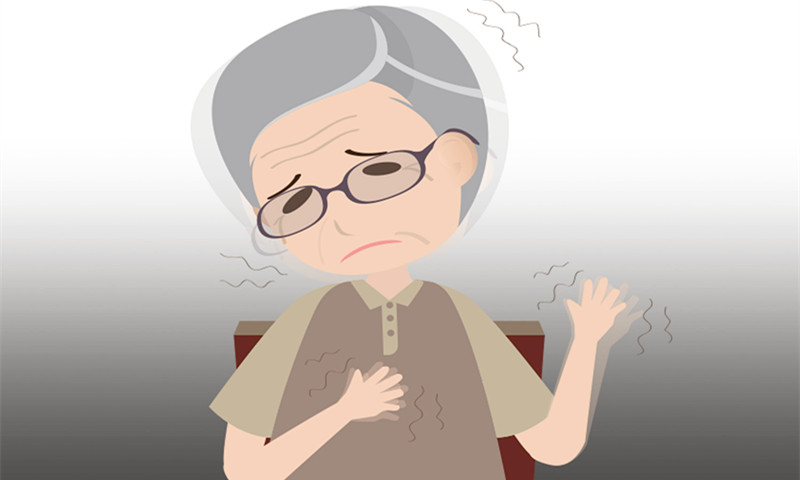US OKs first drug for dyskinaesia in Parkinson’s patients
August 28, 2017
Source: pharmatimes
 977
977

US regulators have approved the first and only treatment option to treat dyskinaesia in patients with Parkinson's disease.
The US Food and Drug Administration has cleared Adamas Pharmaceuticals’ Gocovri (amantadine; previously ADS-5102) extended release capsules for dyskinesia in Parkinson’s disease patients receiving levodopa-based therapy, with or without concomitant dopaminergic medications.
Dyskinesia is a consequence of levodopa-based Parkinson’s disease treatment that affects around 90 percent of patients, characterised by involuntary and non-rhythmic movements that are purposeless and unpredictable, which can significantly impact the activities of daily living.
Gocovri is a high dose 274mg amantadine taken once-daily taken at night that delivers consistently high levels of the drug from the morning and throughout the day when dyskinesia occurs.
The drug’s approval “is an important advancement for the treatment of Parkinson’s disease, as it is the first FDA-approved medicine for the treatment of dyskinesia in Parkinson’s disease patients,” said Rajesh Pahwa, Laverne & Joyce Rider Professor of Neurology at the Kansas Medical Center and Director, Parkinson’s Disease Center of Excellence at the University of Kansas Health System.
“Notably, Gocovri is the first Parkinson’s disease medicine proven in controlled trials to reduce both dyskinesia and OFF time in Parkinson’s disease patients receiving levodopa. Treatment of dyskinesia and OFF time continues to be an unmet need in the medical management of Parkinson’s disease and the approval of Gocovri is a major step in that direction.”
In two clinical trials, the drug achieved a 37 percent and 46 percent reduction in the Unified Dyskinesia Rating Scale versus 12 percent and 16 percent for placebo.
Also, data from patient reported diaries showed that Gocovri-treated patients experienced a 3.6 and 4.0 hour increase in functional time daily (defined as ON time without troublesome dyskinesia) vs. a 0.8 and 2.1 hour increase for placebo-treated patients at Week 12.
By DduRead more on
- Breakthrough Device Designation Granted to Digital Intervention for Alzheimer’s August 27, 2018
- FDA Approved Eye Drop Oxervate to Treat Neurotrophic Keratitis August 27, 2018
- Experimental Ebola Treatments Approved by Congo as it Sees Flare-Up in Cases August 24, 2018
- First Dual-Lead Nerve Stimulator for Pain Management gets FDA Nod August 22, 2018
- Bristol-Myers Squibb’s Opdivo Ensures a Lung Cancer Position August 22, 2018
your submission has already been received.
OK
Subscribe
Please enter a valid Email address!
Submit
The most relevant industry news & insight will be sent to you every two weeks.



